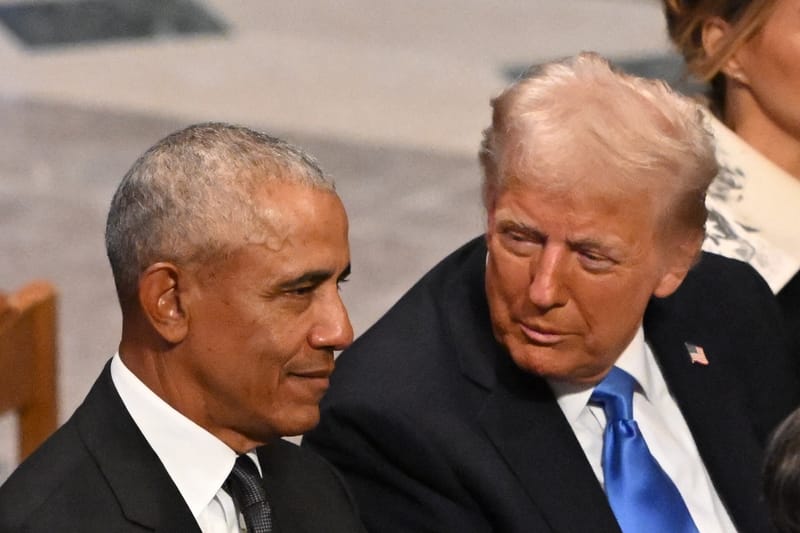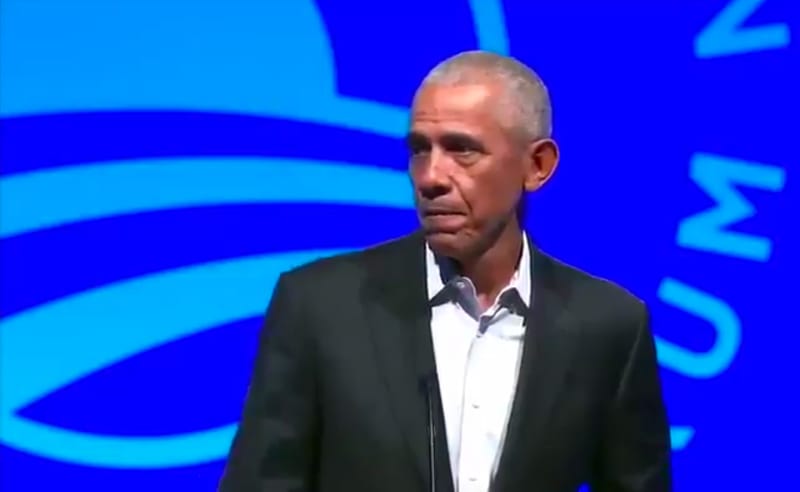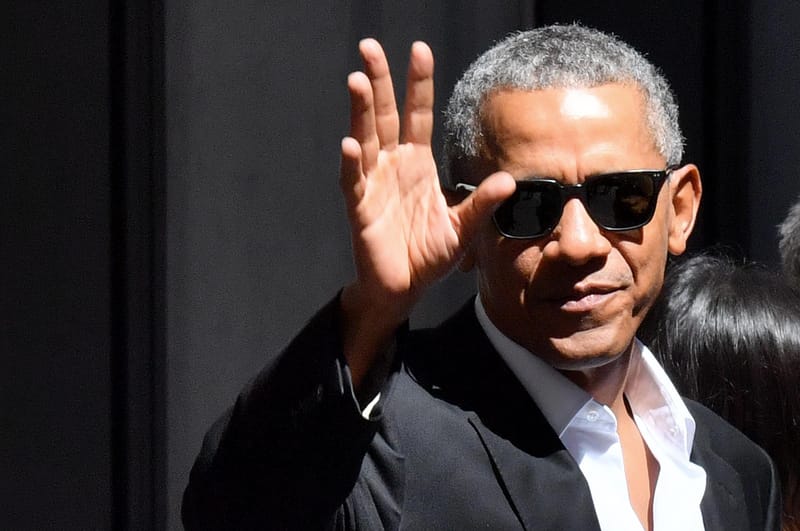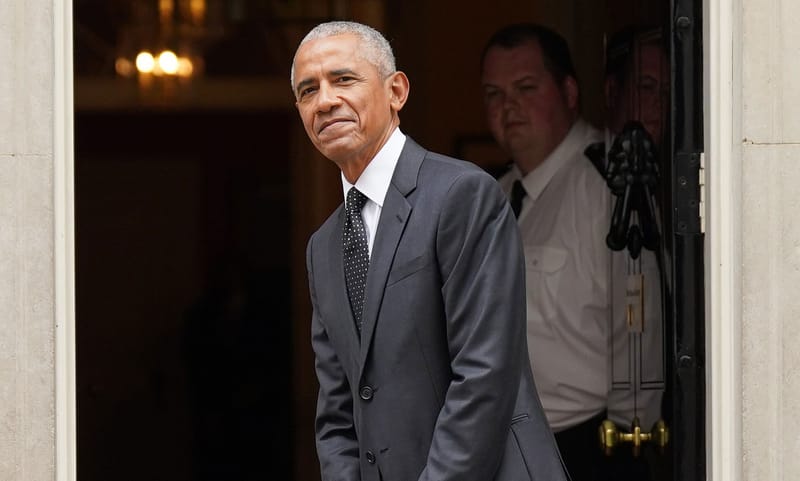Declassified Documents Allege Clinton Campaign, Obama White House Coordinated Trump-Russia Narrative in 2016
Text Messages and Emails Suggest Efforts to Link Trump to Russia Began in July 2016, Raising Questions About Political Motivations Washington, D.C. – Newly declassified documents and reported communications have sparked controversy, alleging that officials from Hillary Clinton’s 2016 presidential campaign collaborated directly with the Obama White House to
Text Messages and Emails Suggest Efforts to Link Trump to Russia Began in July 2016, Raising Questions About Political Motivations
Washington, D.C. – Newly declassified documents and reported communications have sparked controversy, alleging that officials from Hillary Clinton’s 2016 presidential campaign collaborated directly with the Obama White House to launch a narrative tying then-candidate Donald Trump to Russian interference in the 2016 election. According to investigative journalist Paul Sperry, text messages and emails indicate that Clinton campaign aides worked with National Security Council (NSC), State Department, and Intelligence Community officials as early as July 2016 to promote allegations of Trump’s ties to Vladimir Putin.
The revelations, detailed in a report by Director of National Intelligence Tulsi Gabbard on July 18, 2025, claim that the Obama administration “manufactured and politicized intelligence” to create the Trump-Russia collusion narrative, despite intelligence community assessments at the time suggesting Russia was “probably not trying…to influence the election by using cyber means.” These documents, declassified last week, point to a December 2016 meeting involving key Obama administration figures, including then-President Barack Obama, Director of National Intelligence James Clapper, CIA Director John Brennan, and others, where the groundwork for the Trump-Russia probe was allegedly laid.
🚨BREAKING: Texts and emails reportedly show Clinton aides coordinated directly with Obama intel officials to launch the Trump-Russia hoax in 2016, per @paulsperry_
— Benny Johnson (@bennyjohnson) July 20, 2025
Put it all out. We need to see arrests. pic.twitter.com/vTy6haJVnn
Further fueling the controversy, Special Counsel John Durham’s 2023 report noted that Clinton personally approved a plan in fall 2016 to share unverified information about a supposed server backchannel between the Trump Organization and Russia’s Alfa Bank with the press. Her former campaign manager, Robby Mook, testified that Clinton agreed to the media outreach strategy, though campaign officials denied authorizing related FBI briefings.
Critics, including Democratic lawmakers, have dismissed these claims as politically motivated. Representative Jim Himes, a senior member of the House Intelligence Committee, called Gabbard’s accusations “baseless,” arguing that the report conflates Russian hacking attempts with separate influence operations aimed at swaying public opinion. Senator Mark Warner emphasized that Russian efforts to meddle in U.S. elections have been well-documented, including in Republican-led Senate reports.
The allegations stem from a broader narrative questioning the origins of the FBI’s “Crossfire Hurricane” investigation, launched in July 2016 by then-FBI agent Peter Strzok to probe potential Russian infiltration of Trump’s campaign. Durham’s report concluded the FBI lacked verified intelligence to justify the investigation’s start. Supporters of the new findings, including former President Trump, argue they expose a concerted effort to undermine his 2016 victory, pointing to the Steele dossier—later deemed uncorroborated—as a key piece of politicized intelligence.
The Russia Hoax is the biggest fraud ever perpetrated against the American people.
— Kyle Becker (@kylenabecker) July 21, 2025
Hillary knew it was false. Obama knew it was false. Rice knew it was false. Clapper knew it was false. Brennan knew it was false. They all knew it was false.
They pushed it anyway. Time for jail. pic.twitter.com/HZr7rDwG62
However, defenders of the Obama administration and Clinton campaign argue that Russian interference, including hacks of the Democratic National Committee and Clinton campaign emails, was confirmed by U.S. intelligence agencies and independent reports. A 2018 Senate Intelligence Committee report, backed by Republican senators like Marco Rubio, affirmed Russia’s efforts to damage Clinton’s campaign and boost Trump’s.
As the debate intensifies, Gabbard has promised additional declassifications, potentially shedding more light on the interactions between the Clinton campaign and Obama administration officials. The controversy reignites questions about the 2016 election’s integrity and the role of political narratives in shaping public perception.




